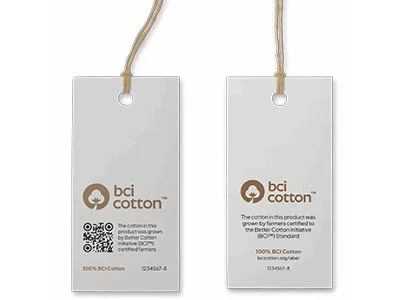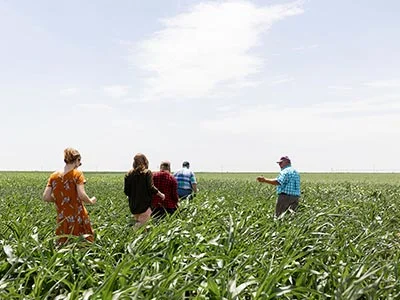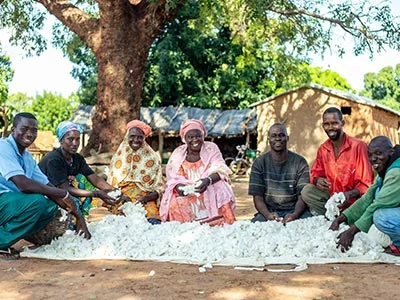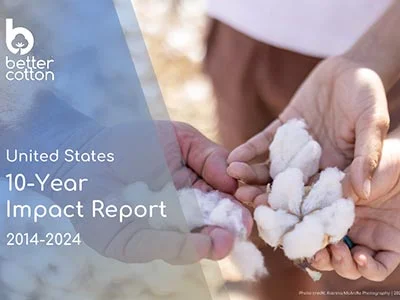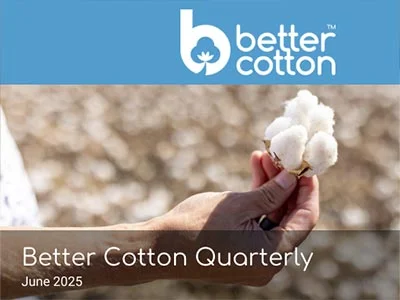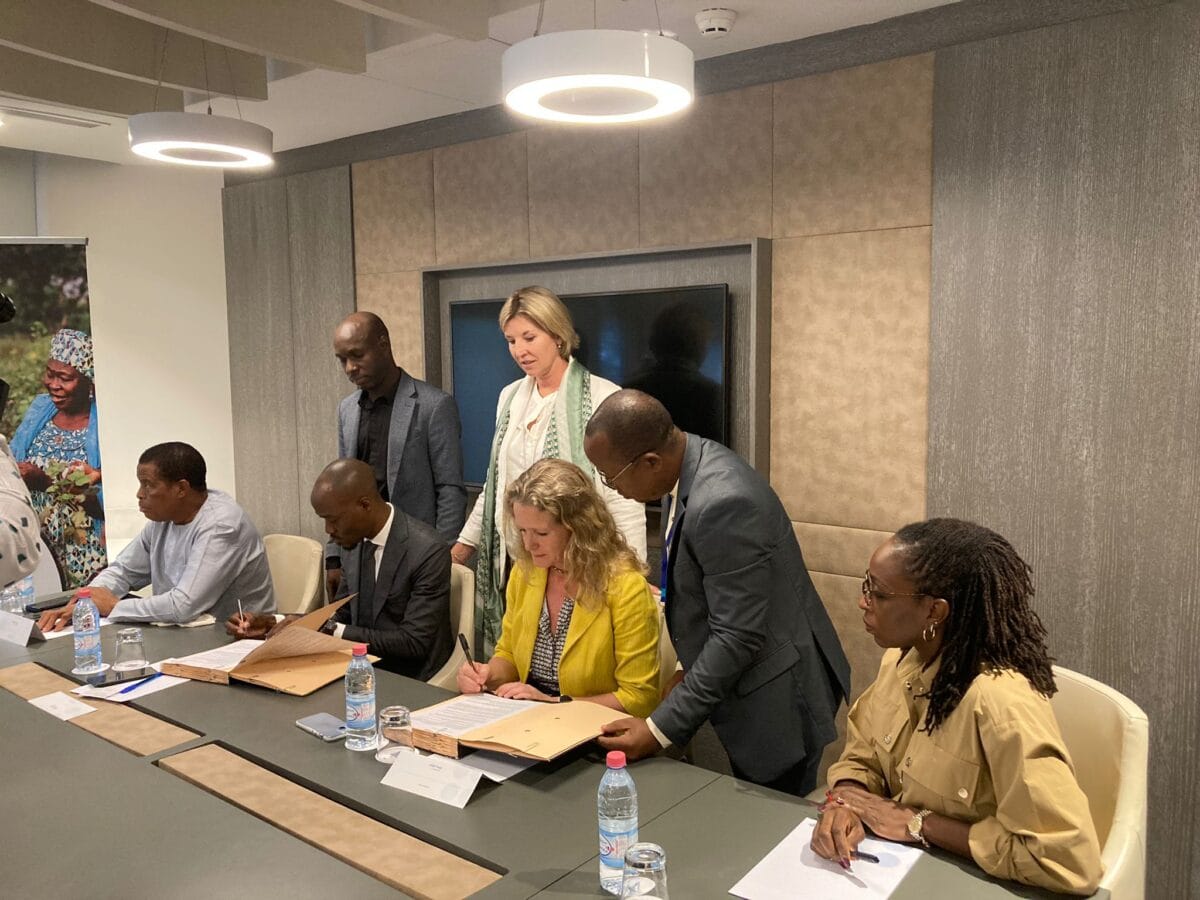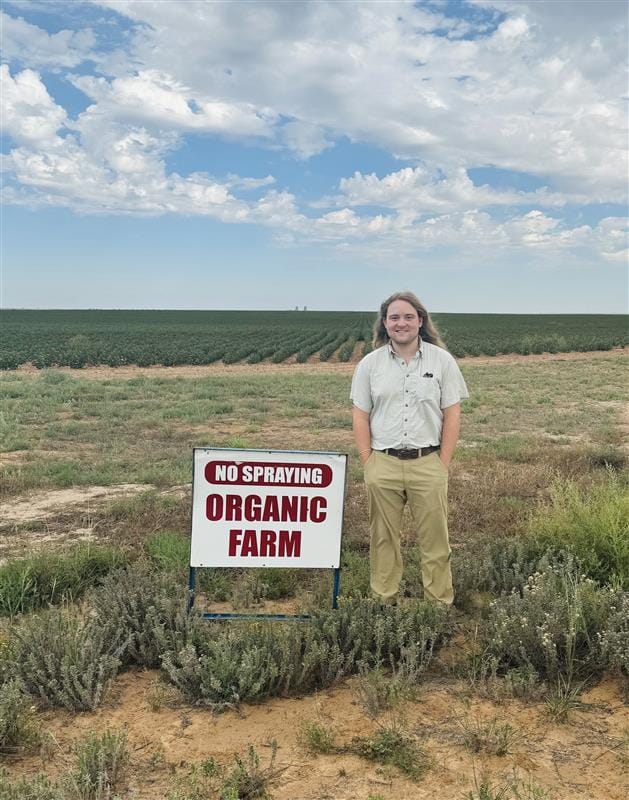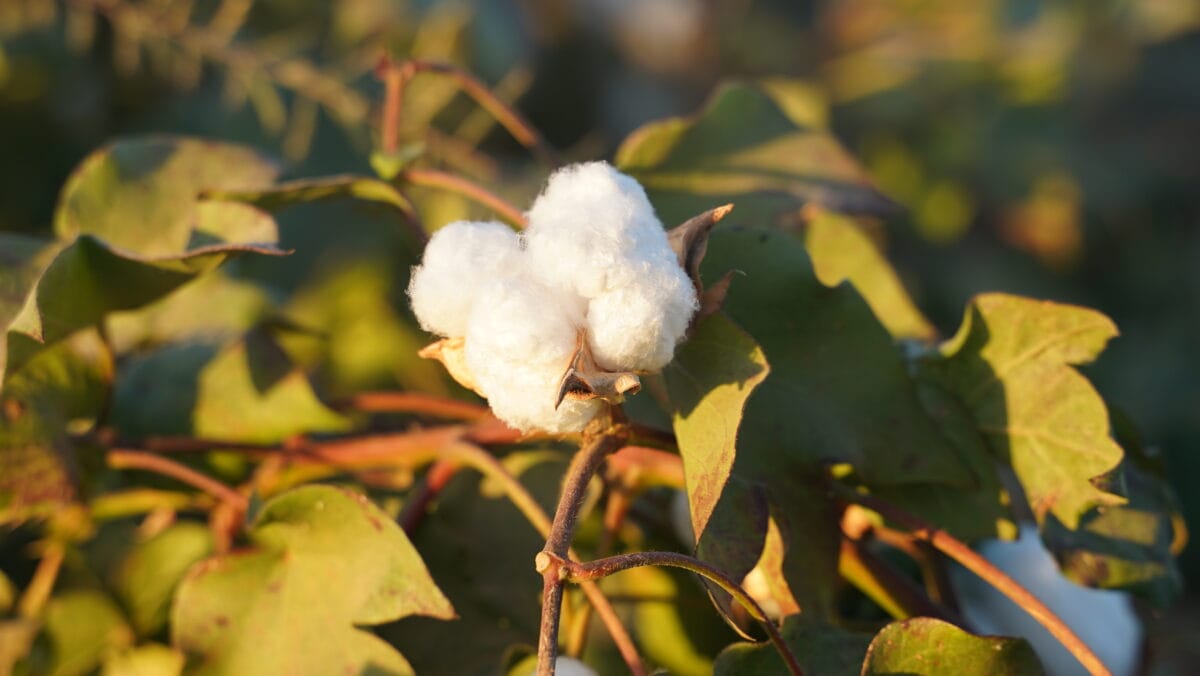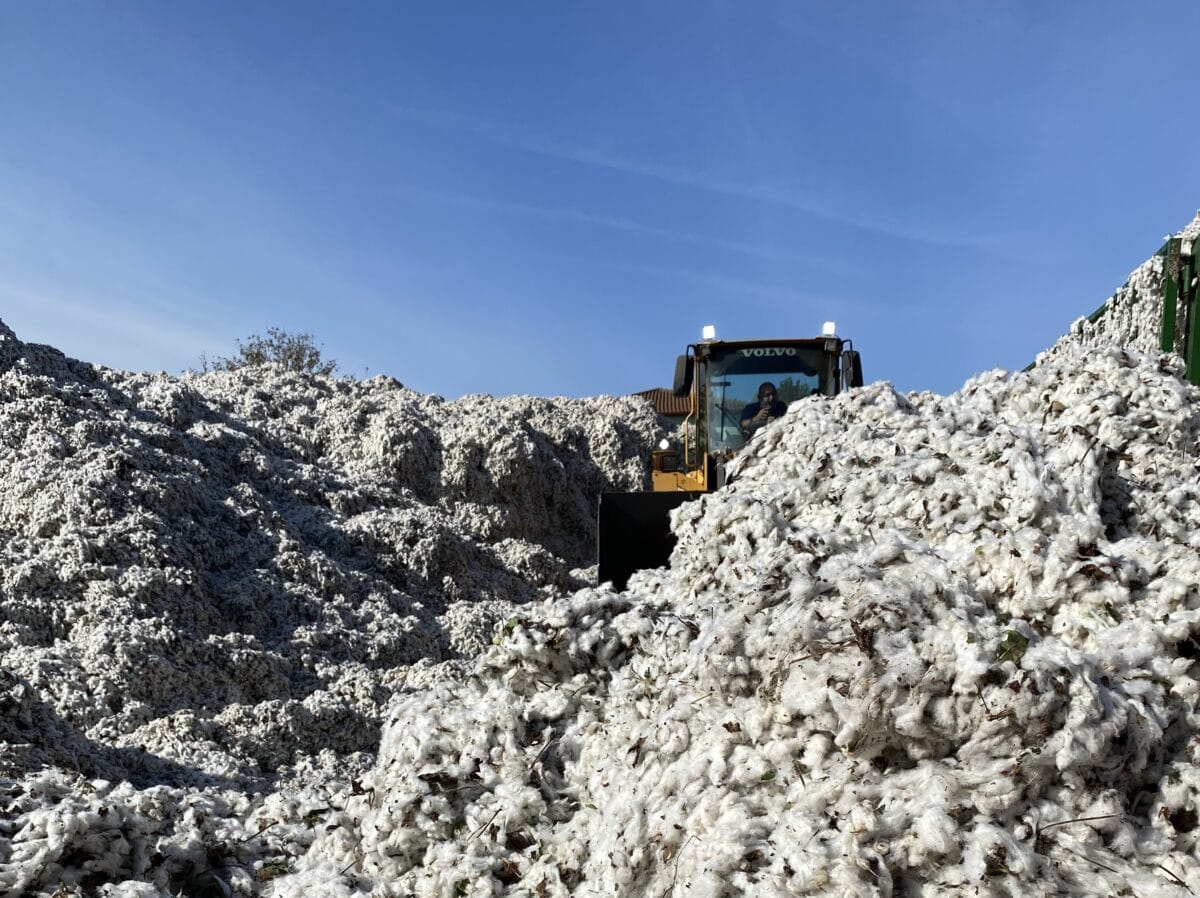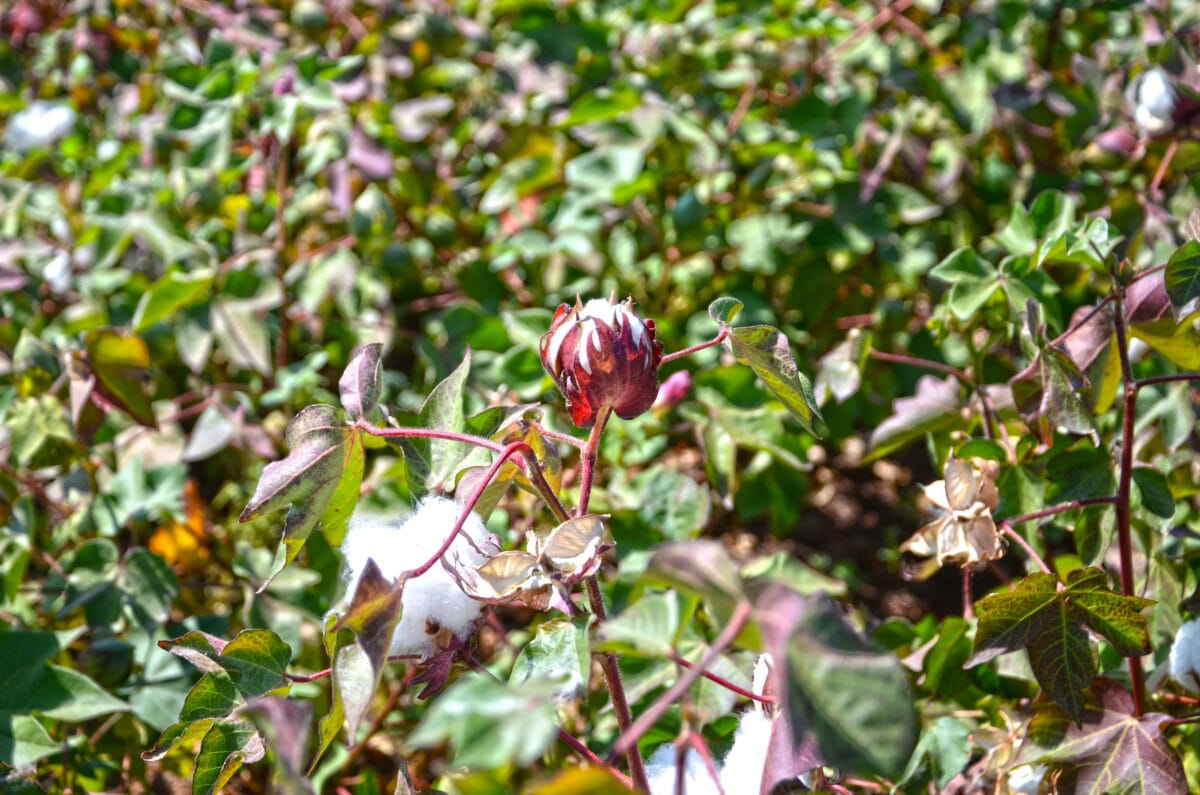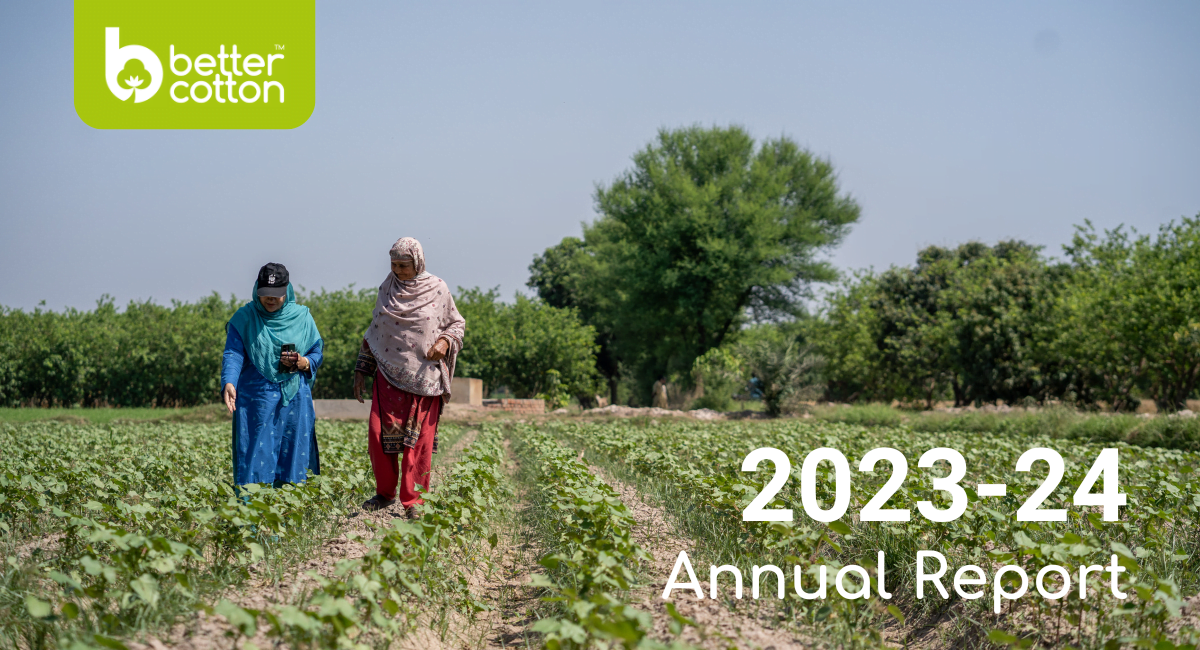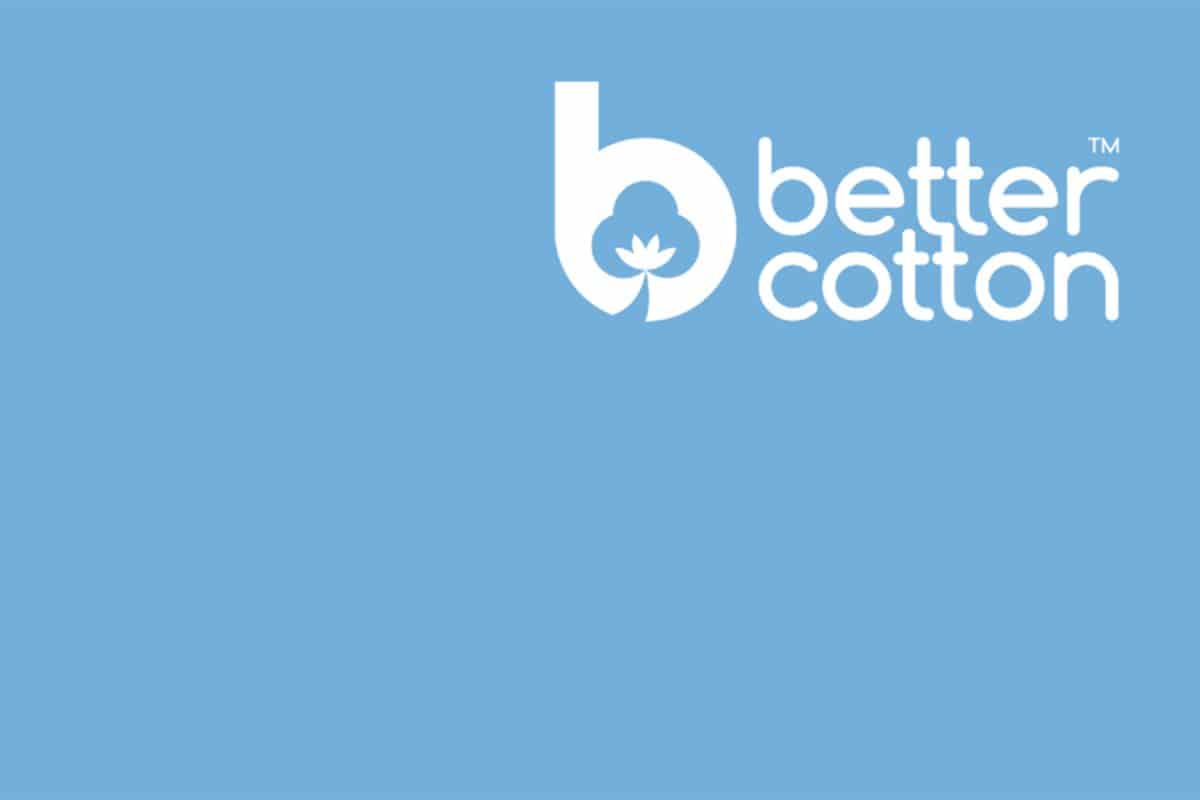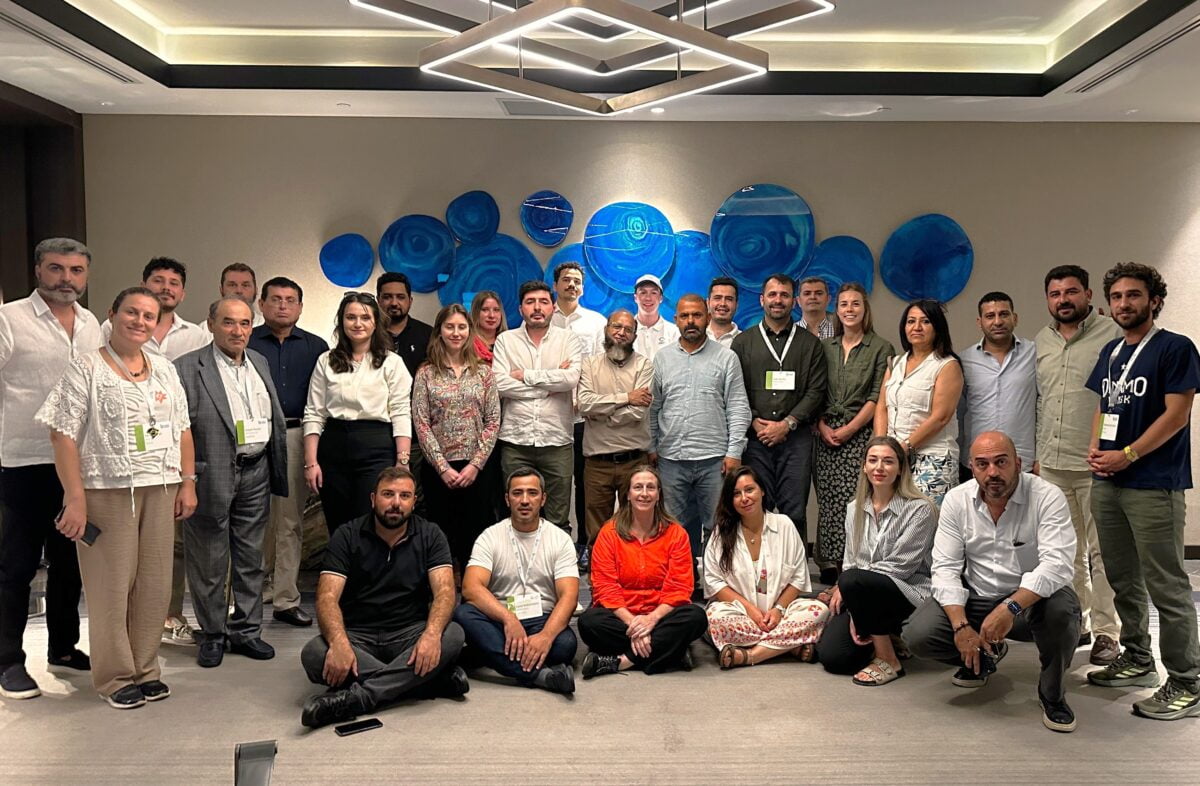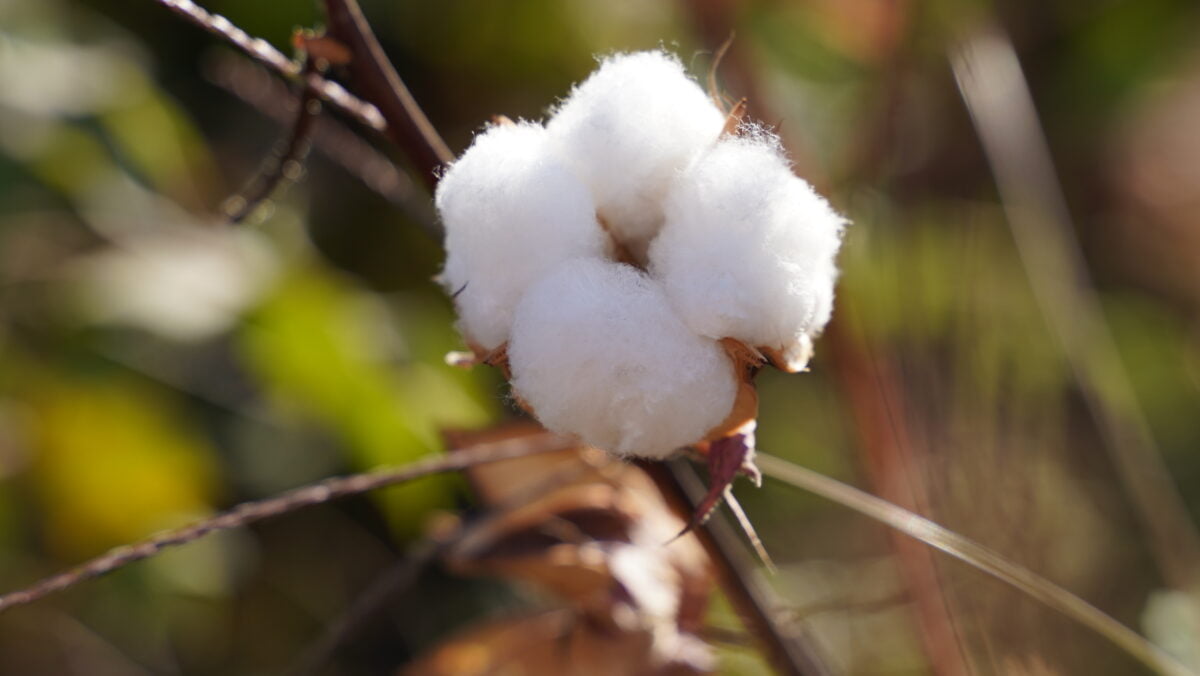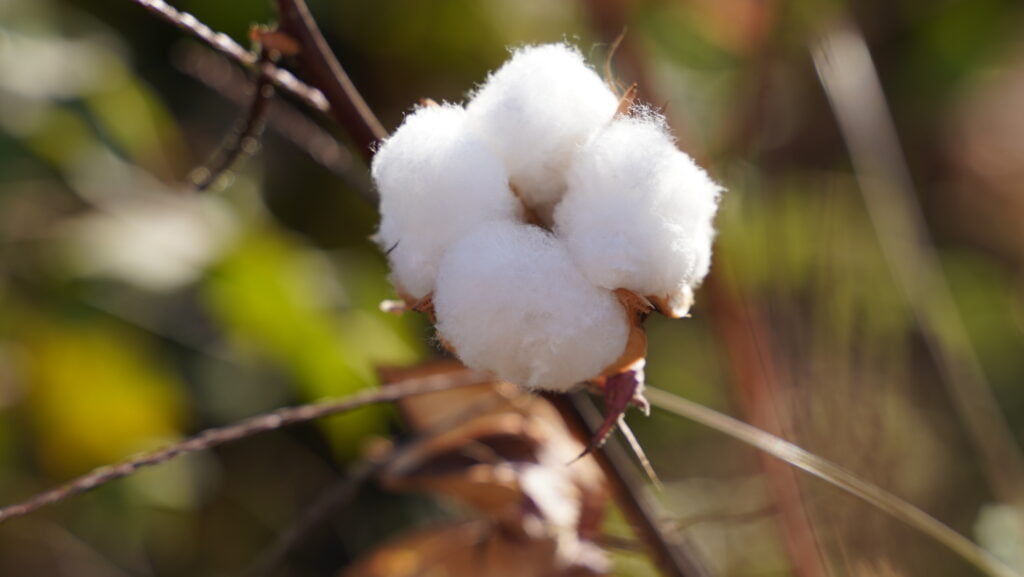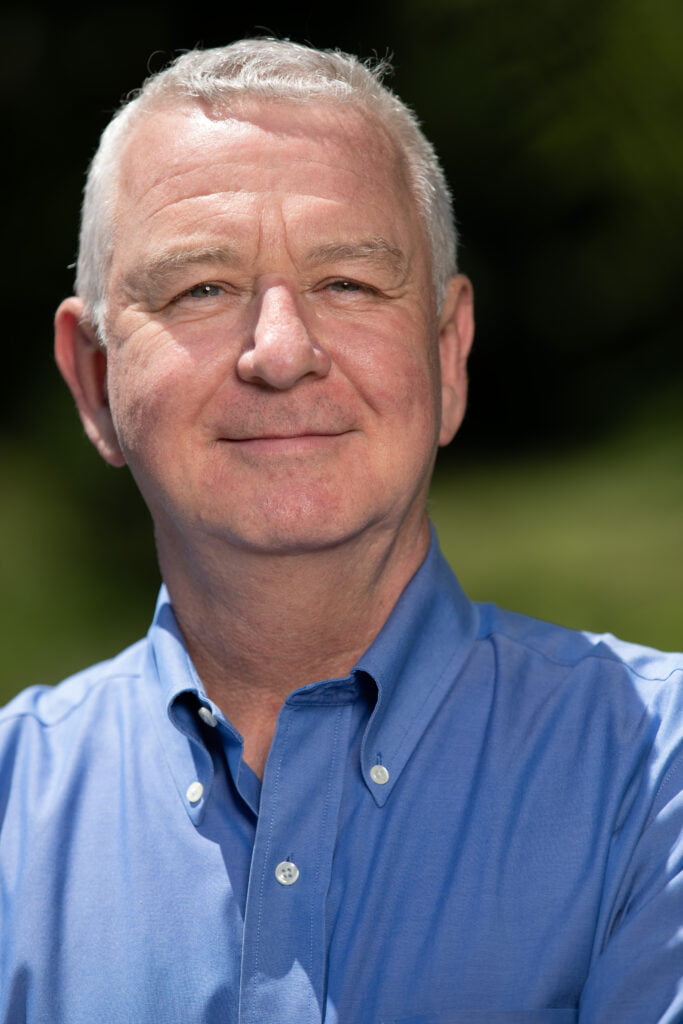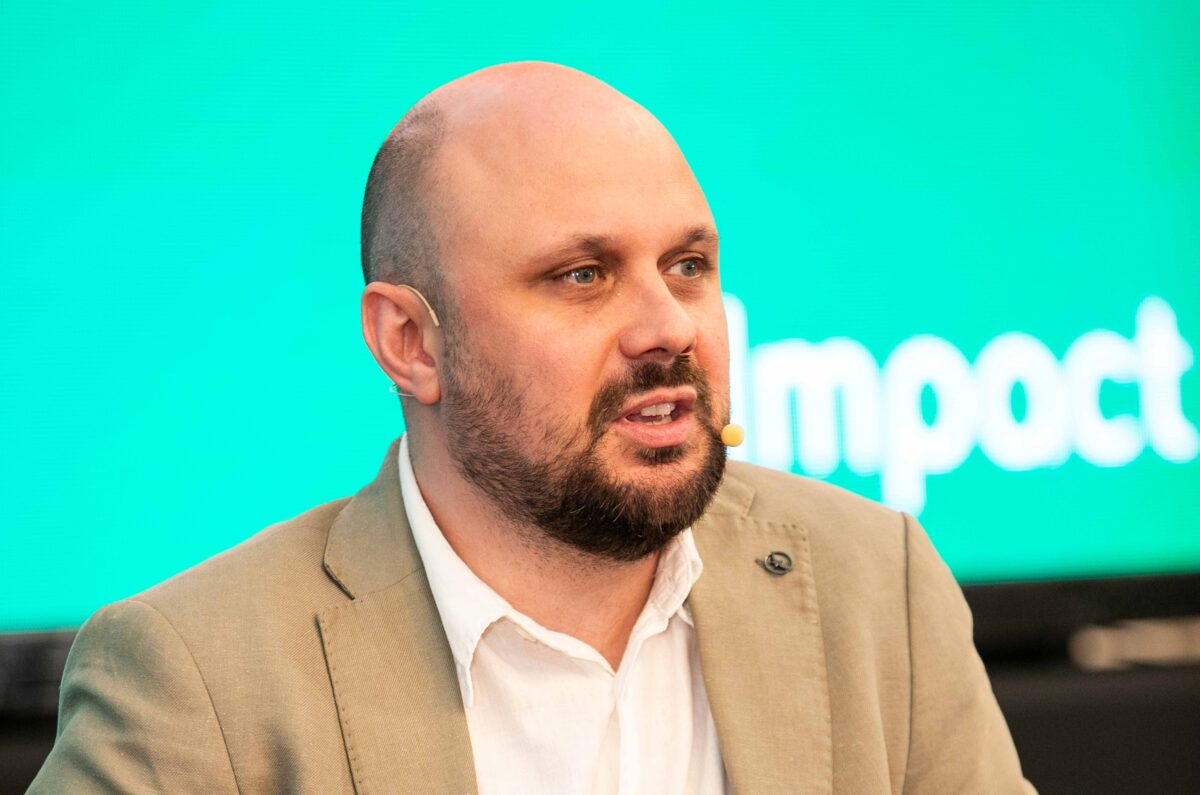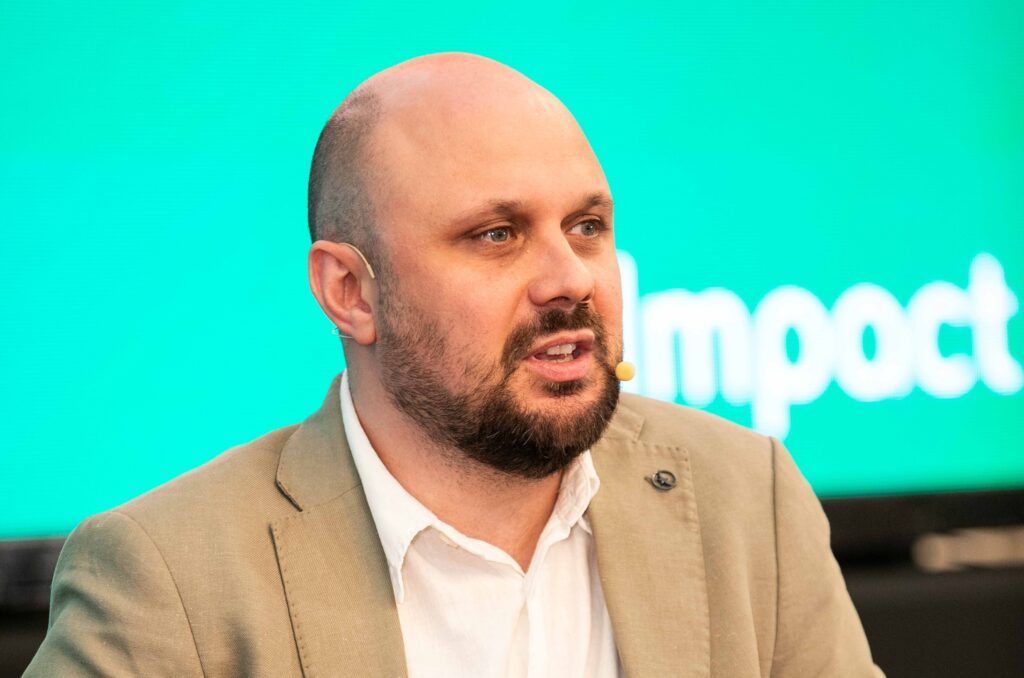Better Cotton Continues Expansion in Africa with Benin Programme Launch
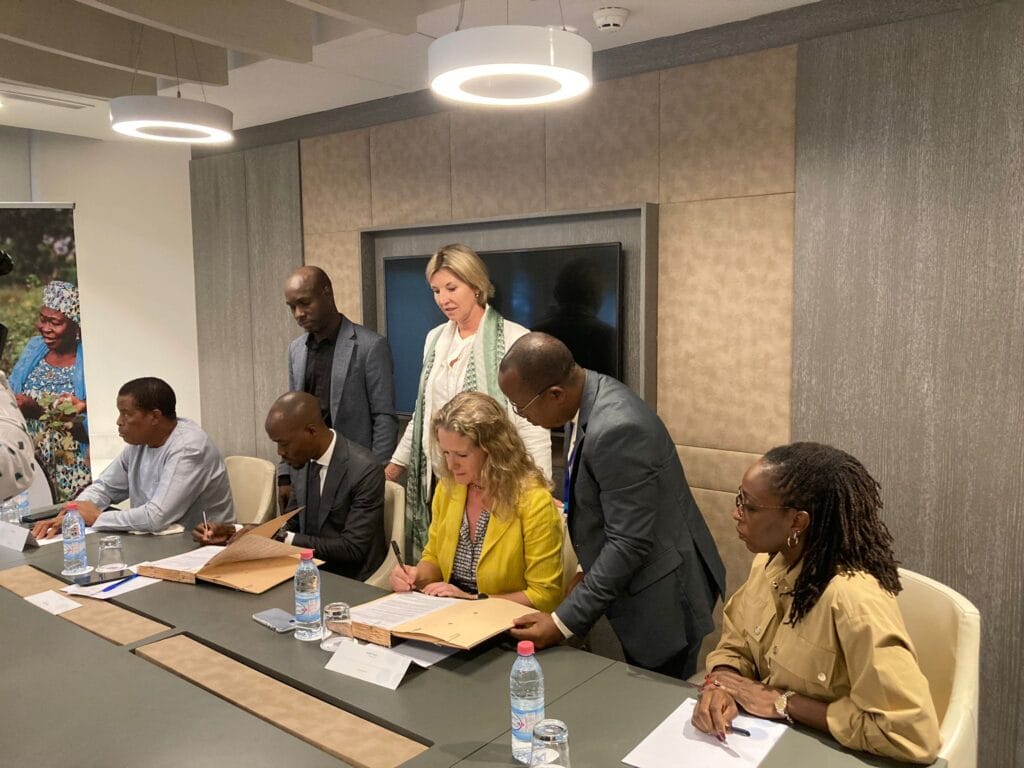

Better Cotton has launched a new programme in Benin to support the production of more sustainable cotton in West Africa.
The programme will aim to engage more than 200,000 smallholder cotton farmers in order to embed sustainable farming practices, improve livelihoods and help them adapt to the effects of climate change.
As Better Cotton’s presence across Africa continues to grow, so too does the movement towards more sustainable cotton production. There is incredible appetite for change on the continent and we’ll work with partners new and old to leverage that.
The Interprofessional Cotton Association of Benin (AIC) will serve as a Strategic Partner for the Better Cotton Programme. The AIC manages both farming and cotton ginning bodies and more broadly facilitates relations with the sector’s stakeholders across Benin.
As Strategic Partner, the AIC will lead the establishment and implementation of an impactful Better Cotton Programme and help drive engagement with the country’s farming communities and other stakeholders.
The start of a Better Cotton Programme in Benin is a matter of national initiative supported by the entire cotton sector and managed by the Interprofessional Cotton Association. The implementation of this programme will help our valiant producers strengthen their resilience by introducing more sustainable production practices.
The agreement was formalised at a multistakeholder meeting in Cotonou, Benin, on 8 October where both organisations met to discuss the opportunities and challenges in cotton farming and agriculture more broadly.
Benin is Africa’s second largest cotton producing country after Mali. In the 2022/23 season, it produced more than 580,000 metric tonnes (MT) of cotton, according to government figures.
Better Cotton operates programmes across Africa in Mozambique, Egypt, Mali and Côte d’Ivoire.
Read more





